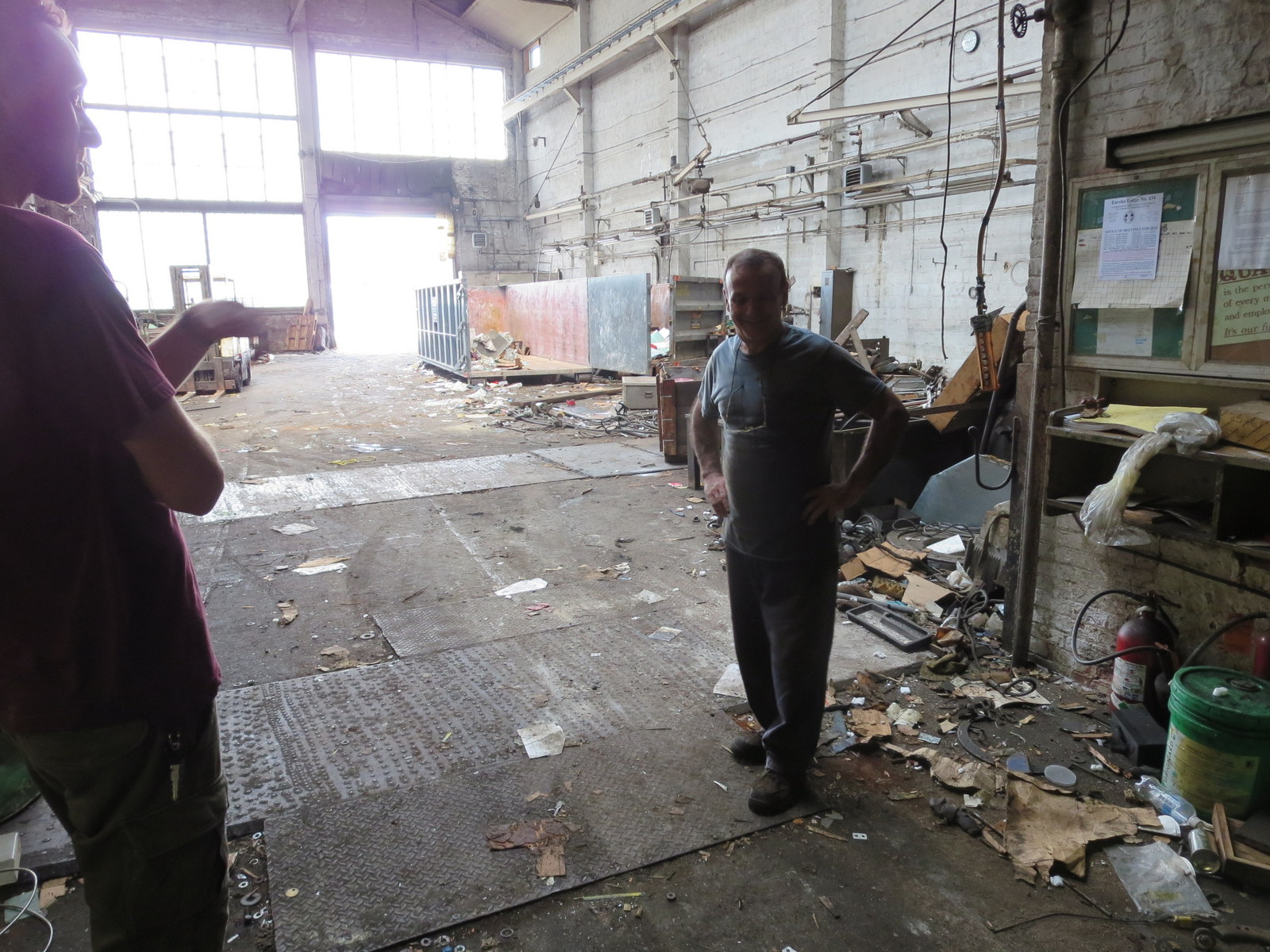Our cover story this issue details the Red Hook plans of a real estate developer. They have big plans for the neighborhood, and many feel that this is a great thing for Red Hook.
The developer has bought some of our old industrial buildings and have grandiose plans to turn Red Hook into a regional artistic hub.

In a time seemingly eons ago, a local developer was able to buy many properties along the waterfront – the old warehouses. He was wise enough to save and restore most of the buildings he purchased, and repurposed them for the new types of manufacturing that was slowly springing up – replacing the simpler, and larger scale manufactured that had already moved to China.
It was a different time, and while not everyone in Red Hook was completely pleased with the change, it was an evolutionary change that helped stabilize the community.
This new change might be a bit more revolutionary. We are told that when a property is zoned ‘as-of-right,’ as Esta4te Four’s acquisitions are, neither City Planning or the Board of Standard’s and Appeals need to be consulted. The new property can do whatever they like, as long as the existing zoning regulations are complied with.
Red Hook is a neighborhood containing a lot of people with a lot of opinions. As we have seen with the recent experiences of the BASIS school and a planned drug rehab clinic, the community likes to feel that they have some say in the future of the neighborhood, even when if by law they do not actually have any say. Right now, many people are upset about the lack of communication coming from the Parks Department as they redo Coffey Park.
Based upon the track record of Esta4te Four, it seems likely that the face of Red Hook will indeed change. Young urban professionals will be coming here to work, and perhaps to live, bringing lots of business to Van Brunt Street. Inevitably, what has happened to Smith Street and Bedford Avenue will start happening here.
Some of the mom and pop businesses will not be able to make the transition, as rents will no doubt head skyward. The sleepy little village that many of us really appreciate, will become a bit more like the higher end neighborhoods that surround us. Possibly even more so.
This is not good nor is it bad. It is the price of success.
There will be lots more things to do – places to eat – boutiques to shop in. Those of us that will stay will enjoy a happening neighborhood full of culture and modern people and better places to get a haircut, or rather a style.
There is only one red flag that we can see thus far. We would have thought that forward thinking developers looking to make a community theirs might want to reach out to the local paper.
The Star-Revue kind of found this all out by accident.








